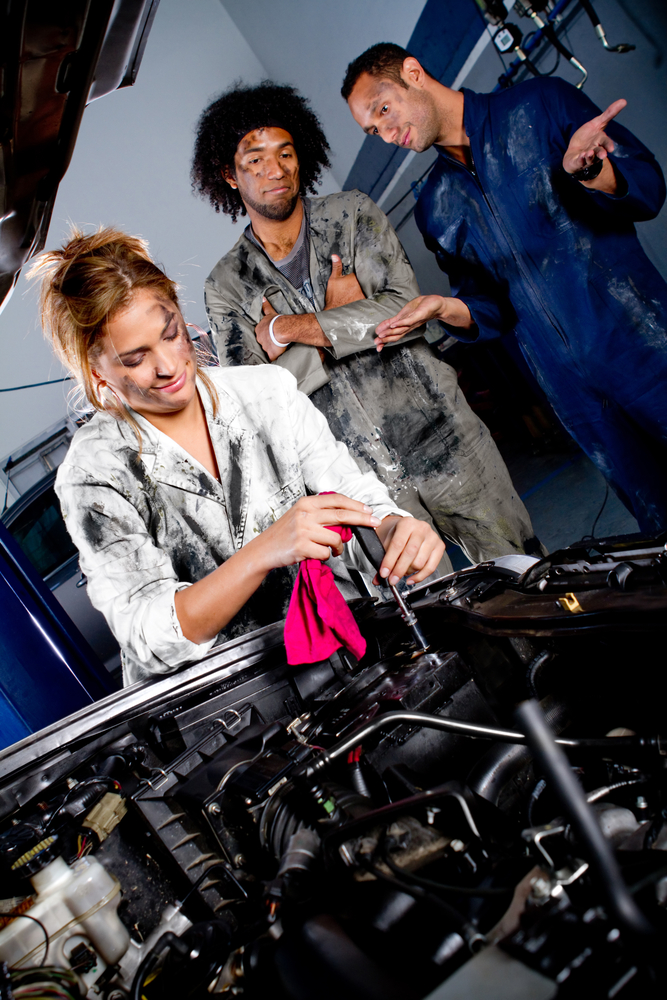The History of Ethanol Use in US: How Did We Get Here?
The history of ethanol's use as fuel in the United States predates any waivers and mandates that may have come around in the last 30 years. Ethanol...

Almost ten years ago, back in 2013, we wrote The Bell Performance Guide To Maintaining Your Older Vehicle. Time marches on, as they say, and we’re now almost ten years on from that advice. Has anything changed in that time?
![]() So what we’d like to do is through our Guide and see if anything has changed in the past decade since we wrote that. Time has a way of surprising you.
So what we’d like to do is through our Guide and see if anything has changed in the past decade since we wrote that. Time has a way of surprising you.
Figures from CNW Marketing Research also show that a car purchased new in 2008 would cost around $25,500, with the same car now being worth $13,000. If you were to purchase it now, you’d have saved about $12,000 over a five-year period.
The general principle never changed - used cars cost less than new cars. But COVID economics may have flipped things a little bit. Demand for used cars skyrocketed after the pandemic, which means the traditional economic indicators for used cars have been altered a little bit.
So, prepare for some sticker shock. The average new car in 2008 cost around $25,000. The average new car in 2022 didn’t cost 25-large. It cost about $46,000. The average used car that’s 5 years old costs more than $28,000, with prices having increased more than 28% in just the last year.
This means that you’re going to spend more on both new and used vehicles, but the cost difference is widening even with COVID economics. The difference is now $18,000 vs. $13,000 back in 2013.
All this means it’s more important than ever to take care of the car(s) you’ve got.
In The Guide, we referenced the high-priority items you need to pay special attention to. Those kinds of items don’t really change over time. You need to be most concerned about, first, the items that most impact whether your car is safe to operate. Second, the things that would leave you stranded if they failed (think…engine). And third, but still important, the normal maintenance items that are essential to keeping the car running for its longest life possible. This last one is especially relevant given what we just mentioned earlier, that new cars are more expensive than ever, so it’s more important than ever to keep what you’ve already got running for as long as possible.
What about the specific vehicle systems and what to do about them? We spent about ten pages going through the best practice recommendations for all of these systems. Here are some important tidbits to take away:

The history of ethanol's use as fuel in the United States predates any waivers and mandates that may have come around in the last 30 years. Ethanol...
With fall and winter upon us, diesel fuel users are getting into the winter fuel mindset. The biggest issue with diesel fuel in the wintertime is the...

How many different kinds of engine oil additives are there? Do they really work? To answer that question, we first have to separate "finished oil"...